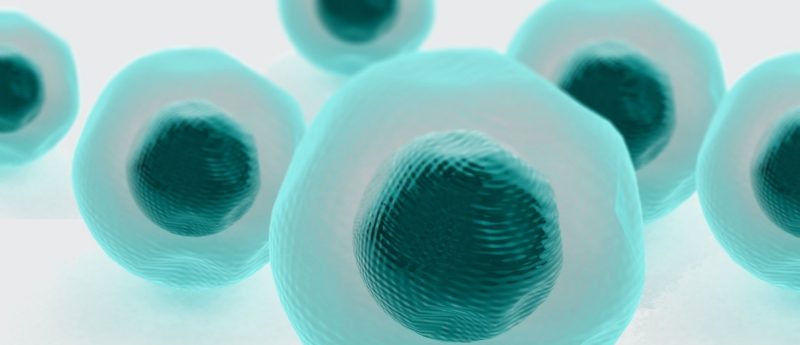Parkinson’s disease cell therapy researchers to receive Michael J. Fox Foundation funding

The Michael J. Fox Foundation (New York, NY, USA) announces funding for two projects focused on utilizing engineered stem cells in the search for new therapies and a greater understanding of Parkinson’s disease.
The Michael J. Fox Foundation for Parkinson’s Research (MJFF; New York, NY, USA) has announced funding of two major engineered stem cell-based projects for Parkinson’s disease (PD) in the hope that their work, engineering the dopamine neurons that degenerate and die in Parkinson’s disease from adult cells or embryonic cells, will allow better understanding of disease progression and potentially identify a cell replacement therapy or alternative therapeutic intervention.
The loss of dopaminergic neurons (DA) resulting in reduced levels of dopamine in PD patients causes motor symptoms including tremor, rigidity and bradykinesia, as well as other non-motor symptoms. While current PD treatment involves replacing lost dopamine, this is often associated with a reduction in efficacy over time and debilitating side effects such as dyskinesia.
Therefore, along with partner the National Stem Cell Foundation (Louisville, KY, USA), the MJFF will grant $625,000 to Ole Isacson (McLean Hospital & Harvard Stem Cell Institute, Cambridge, MA, USA), whose research focuses on finding an iPSC-derived therapy for PD.
Following success in his previous research, Ole Isacson’s pre-clinical work funded by the MJFF will further explore the implantation of iPSC-derived DA neurons in the brain of non-human primates with the aim of treating PD by restoring the dopamine supply system. “The restoration of the dopamine supply system would be a significant step forward in our treatment of Parkinson’s disease,” said Dr Isacson. “This project brings us closer to realizing such a therapy, though there is still much work to be done.”
The MJFF also is funding a project led by Dr Lorenz Studer at Memorial Sloan Kettering Cancer Center (New York, NY, USA). While Isacson is investigating the therapeutic potential of dopamine neurons derived iPSCs, Studer is utilizing ESCs drawn from existing cell lines.
Additionally, the MJFF-funded Parkinson’s Progression Markers Initiative (PPMI) is a major, global research collaboration that aims to elucidate the complex disease processes that take place in PD. “Stem cell technologies may offer a more sophisticated dopamine replacement approach and provide the opportunity to study the influence of disease and of interventions on these vulnerable cells,” stated MJFF CEO Todd Sherer.
Aside from their potential use in therapy, iPSCs present an unparalleled model to mimic diseases such as PD in the laboratory. The PPMI is a landmark observational clinical study evaluating a diverse group of PD patients across the world using advanced imaging, biologic sampling and clinical and behavioural assessment to identify biomarkers of PD progression. The Golub Capital iPSC PPMI Sub-study focuses on generating iPSCs from PPMI subjects and is making them available at no cost to the researcher community, with the aim of driving the progression of iPSC research.
The MJFF is the world’s largest non-profit funder for PD research and has funded over $600 million in research to date, making them a major player in the search for a PD cure.
— Written by Adam Price-Evans